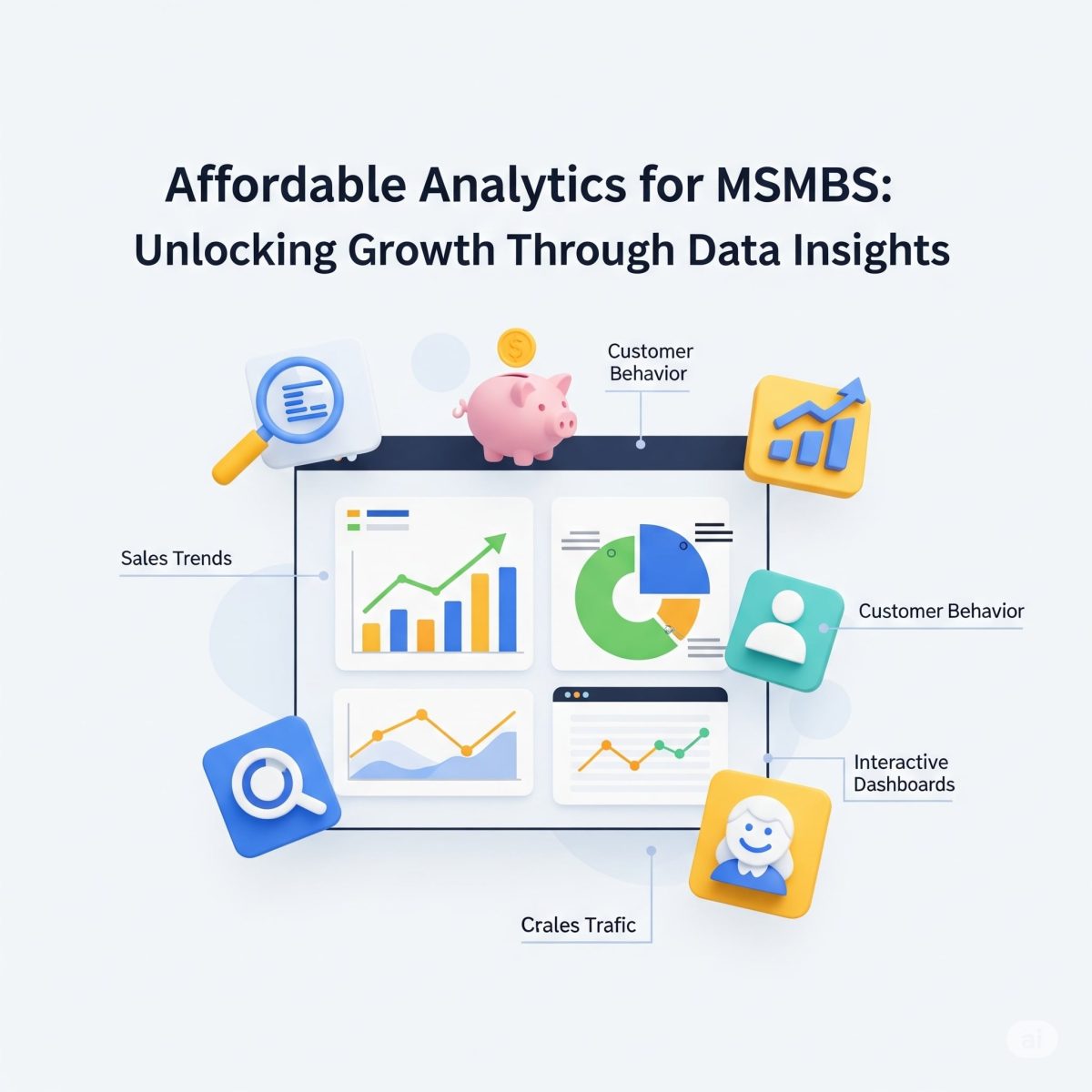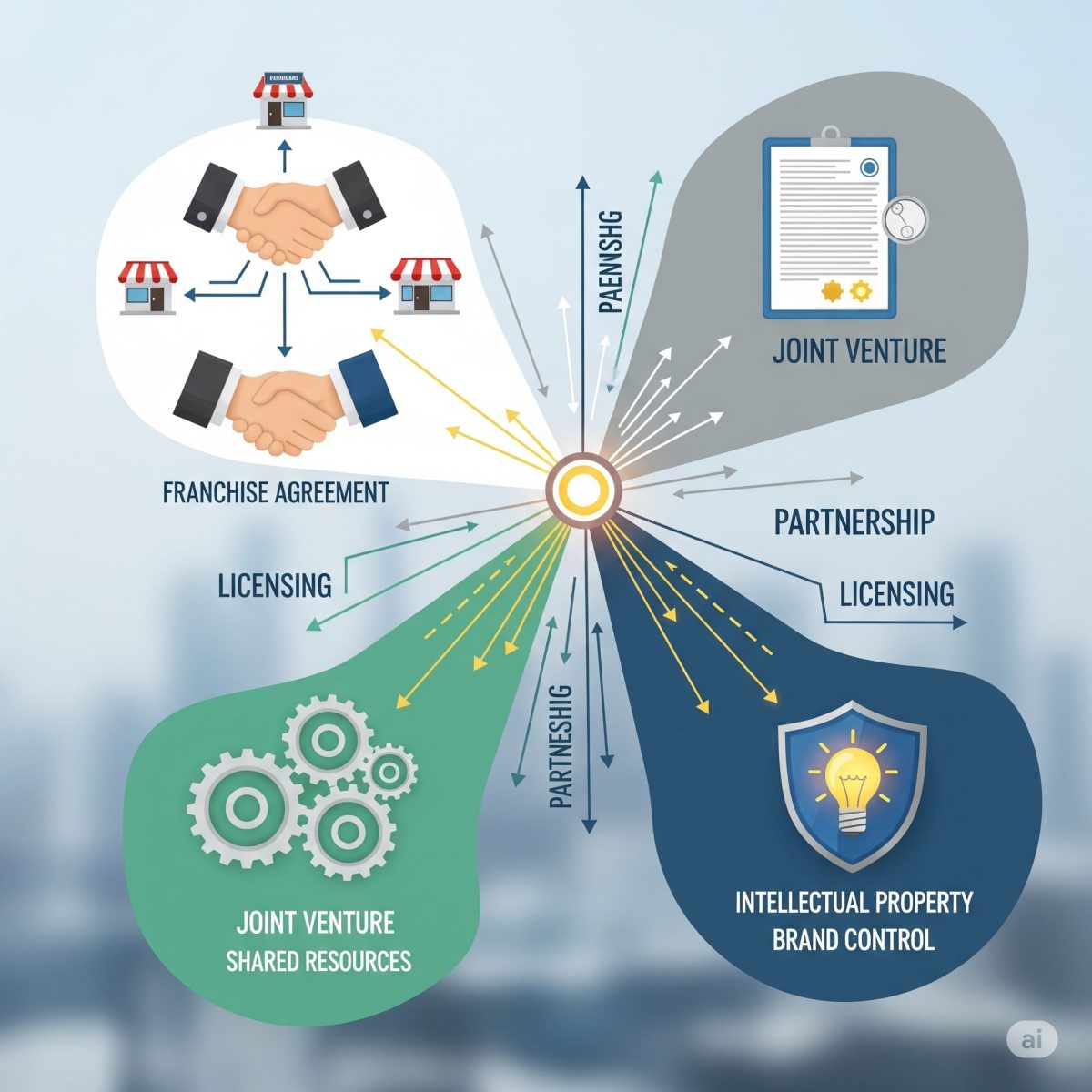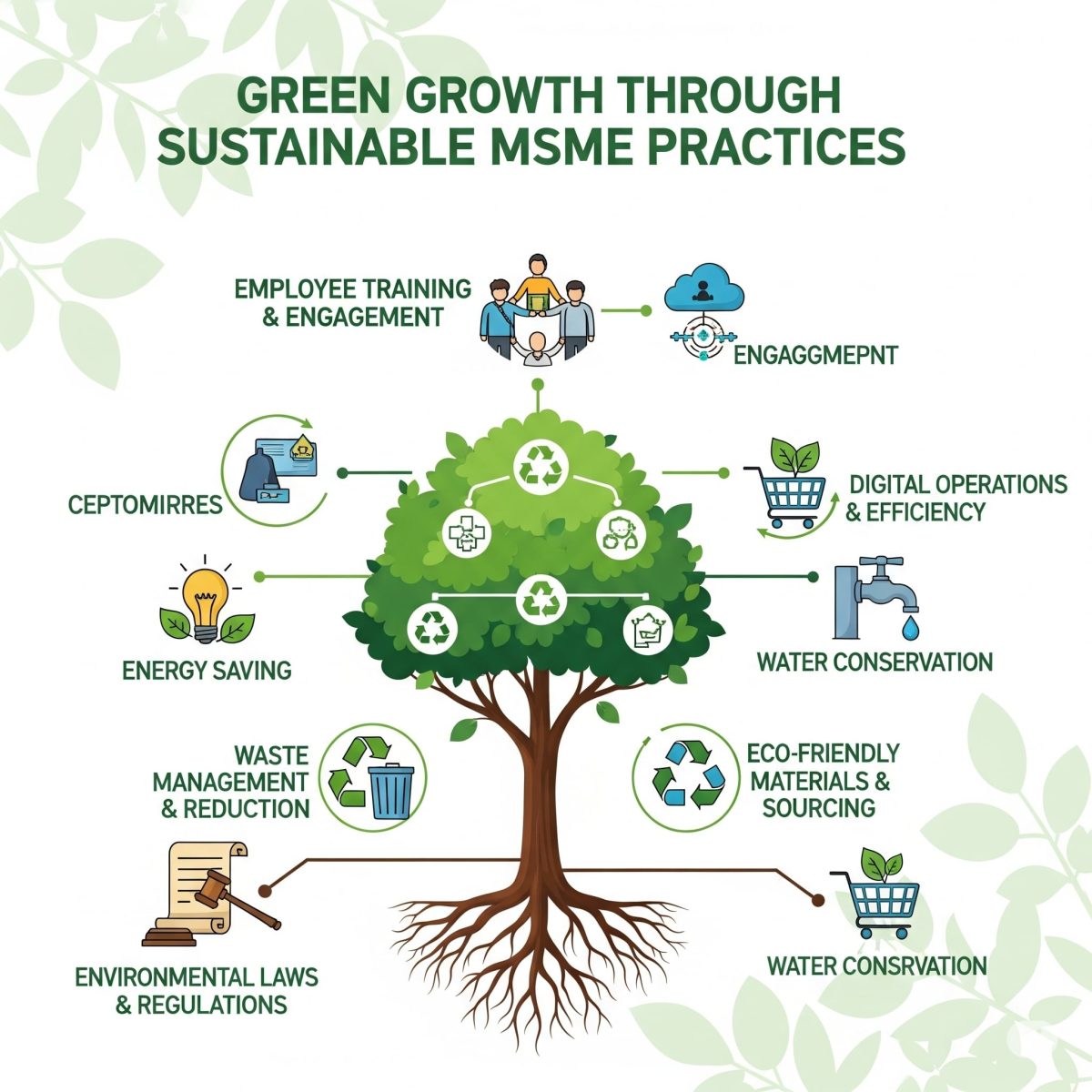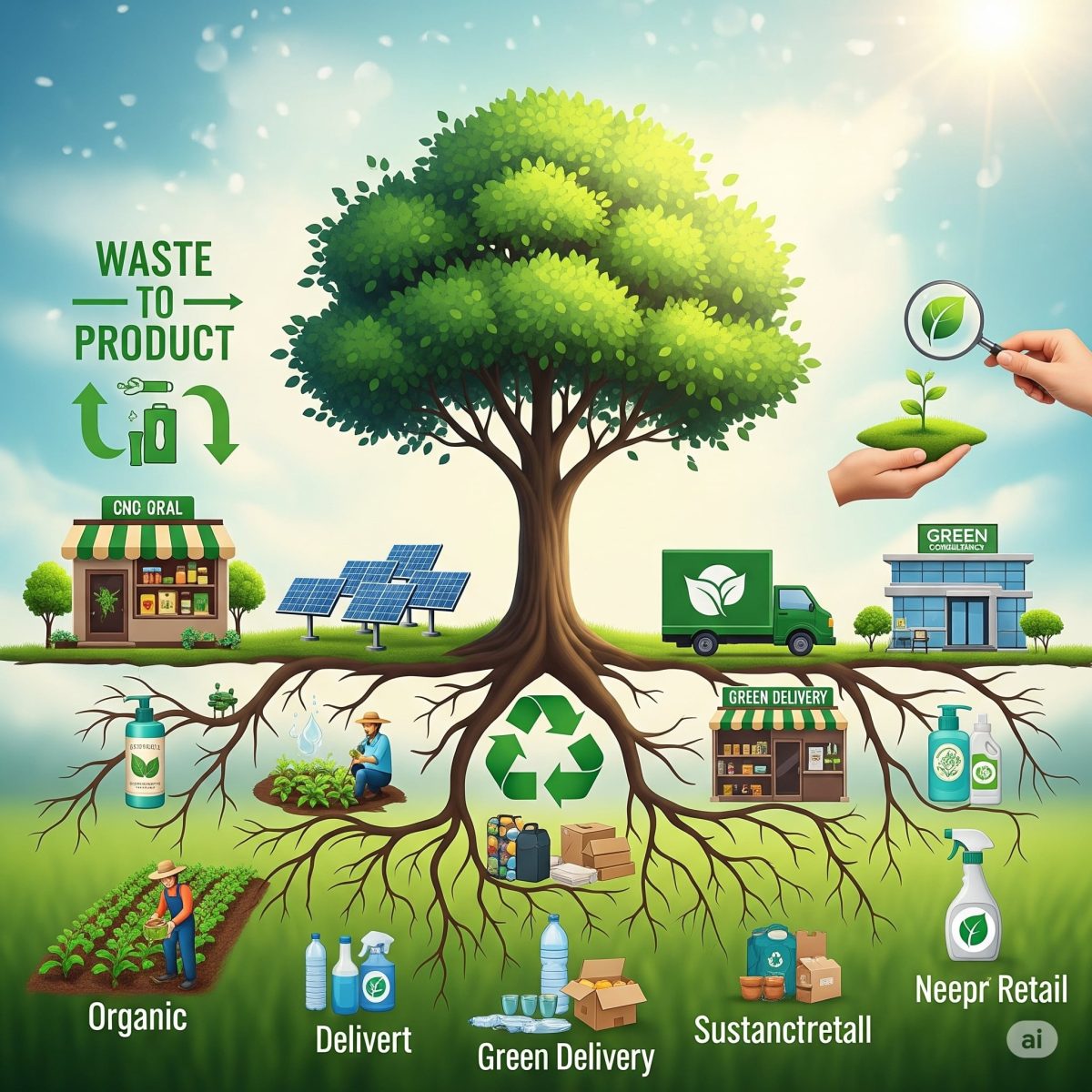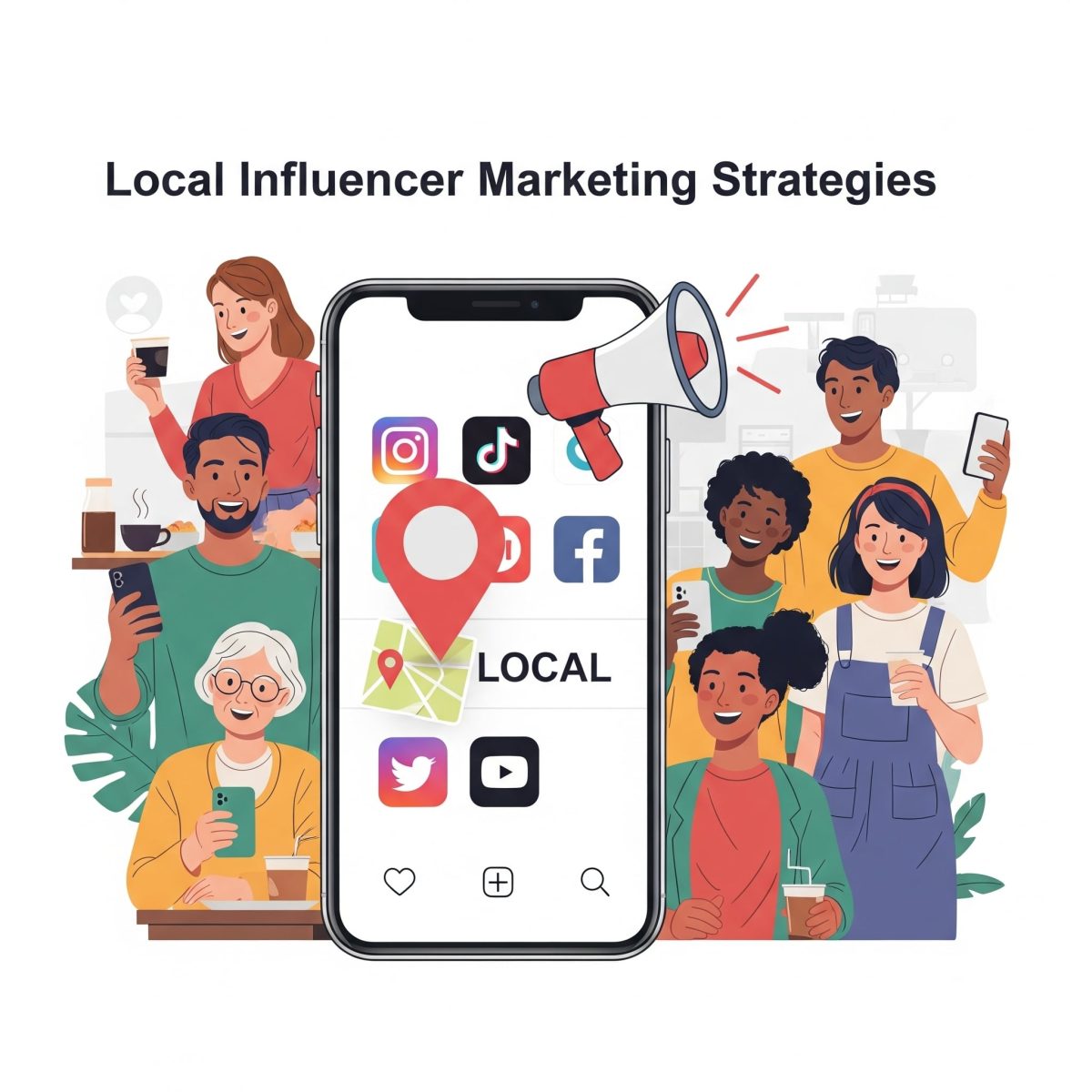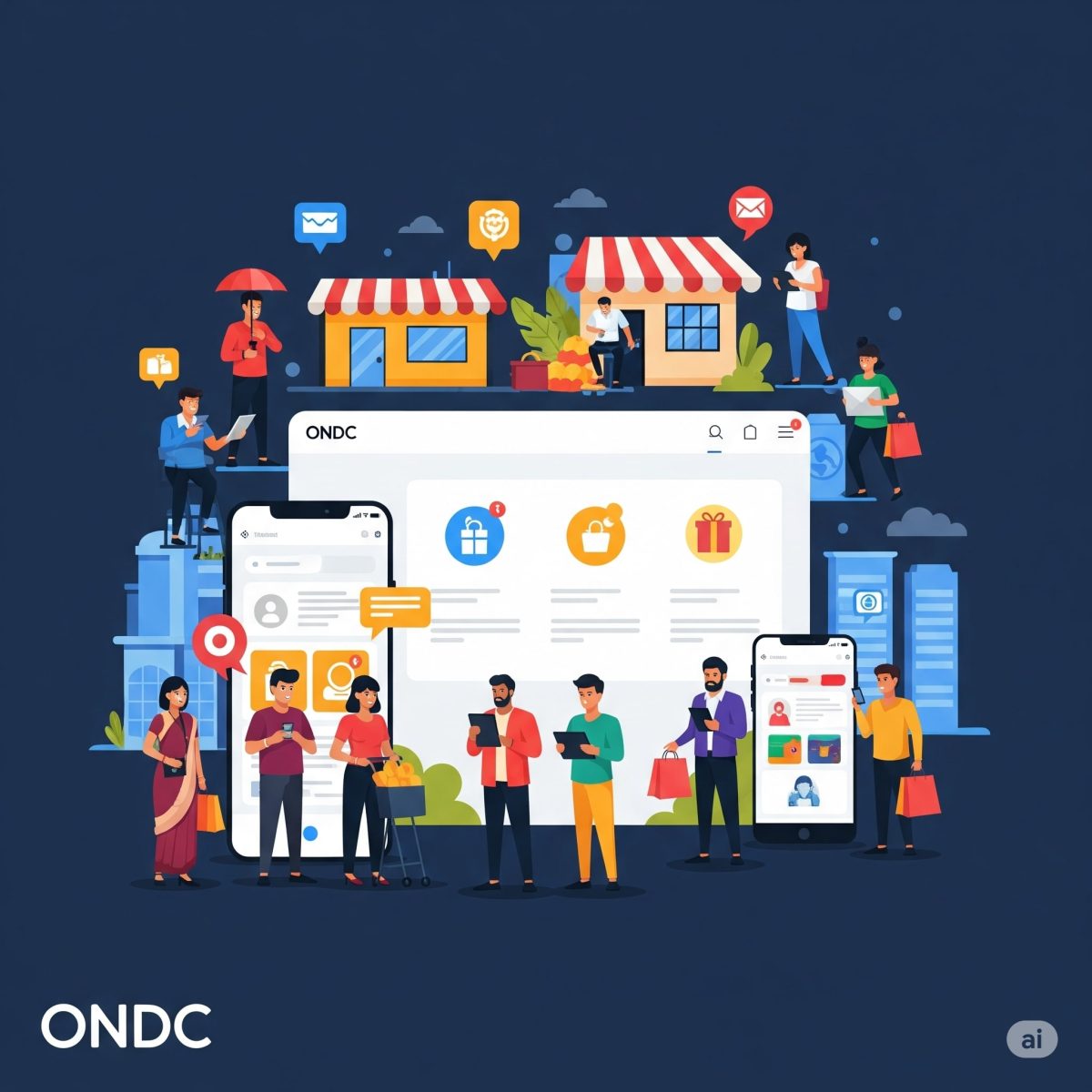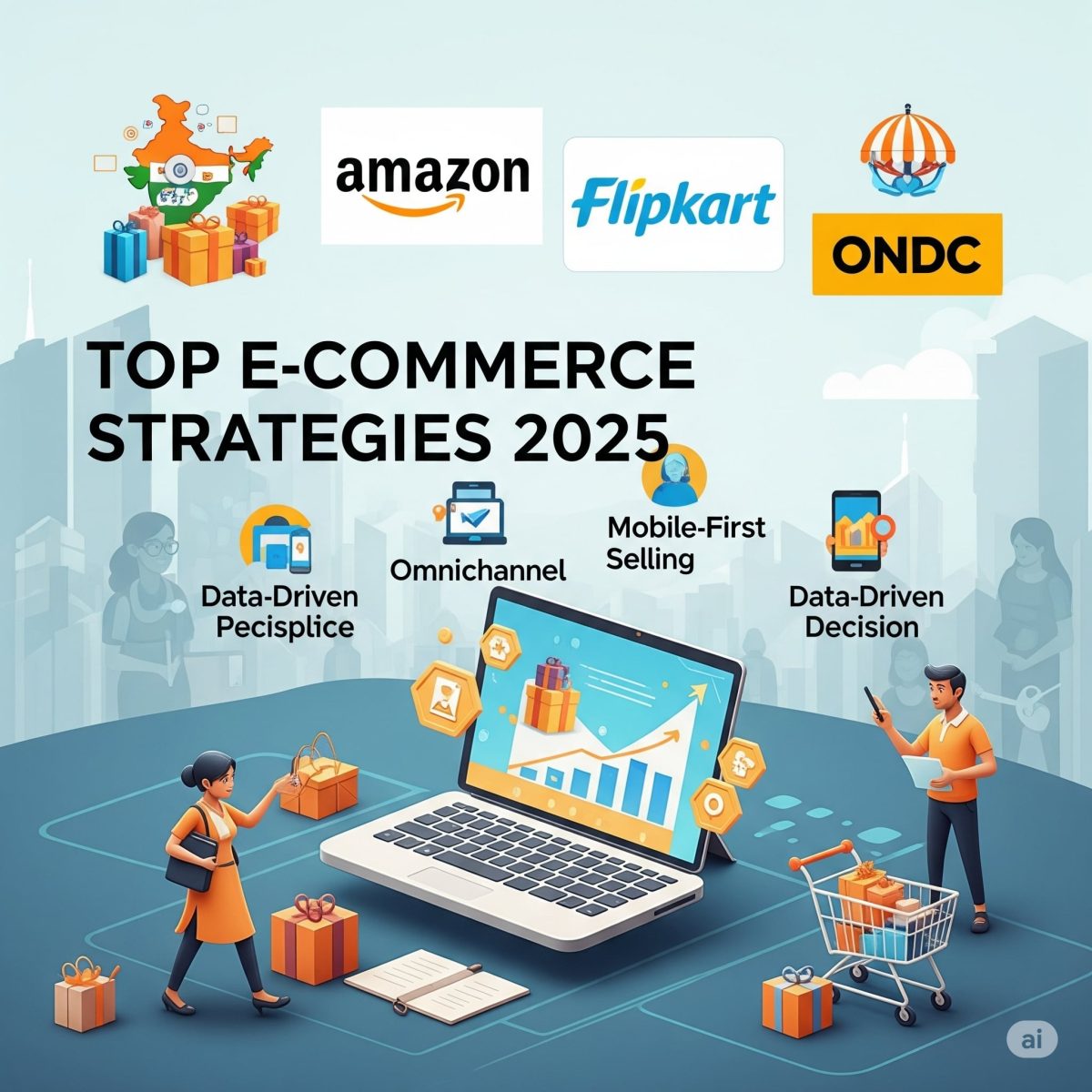In today’s world, understanding customer behavior, sales trends and business performance is necessary for small businesses. MSMEs can use analytics to make better decisions, increase productivity, and boost growth. There are many powerful and affordable tools to do this. In this blog, we will explore some cost effective analytics tools that can help MSMEs.
USES OF ANALYTICS TOOLS
Many MSMEs still rely heavily on intuition to make business decisions, but incorporating analytics tools can transform the way they operate.
- These tools help track sales performance, allowing businesses to identify their best-selling products or services.
- By monitoring customer behavior, MSMEs can better understand what their audience prefers, enabling more targeted and effective strategies.
- By identifying the campaigns that gives the best results, analytics are also essential for increasing marketing results
- They assist in managing inventory and cash flow, helping businesses avoid overstocking and unnecessary financial strain.
- Analytics enable MSMEs to forecast future demand, allowing for smarter planning and growth.
SOME ANALYTICS TOOLS
- Google Analytics 4
- Zoho Analytics
- HubSpot CRM
- Mailchimp
- Google Looker Studio
- Metabase
- Bitrix24
- WhatsApp Business and Chatbase
- Social Media Analytics Tool
- TallyPrime with Dashboards
GOOGLE ANALYTICS 4
Google Analytics 4 (GA4) is a powerful, free tool designed to help businesses track and analyze website and app traffic. It provides insights into how many people visit a website, where they come from, and what actions they take once they arrive. GA4 also measures key conversions such as sign-ups, downloads, and purchases, making it essential for monitoring performance and customer engagement.
The tool shows important metrics like bounce rate, time spent on pages, and complete user journeys, helping businesses understand user behavior in detail. GA4 is completely free, easy to use with most websites and e-commerce platforms, and highly effective in helping small businesses understand what content, product, or service is attracting their customers.
ZOHO ANALYTICS
Zoho Analytics is a business intelligence and data analytics tool ideal for MSMEs looking to gain insights across different departments like sales, finance, HR, and customer relationship management. It offers visual dashboards and automated reports, enabling decision-makers to understand performance without sifting through raw data. The platform easily connects with Excel, Google Sheets, Tally, and various CRMs, allowing easy use of business data.
It helps analyze important fields such as revenue trends, inventory status, and employee performance, all from a single tool. Zoho Analytics provides an all-in-one view of business performance, requires no coding skills, and comes with mobile access, making it convenient. The starting plan is budget-friendly and even offers a free version for up to two users.
HUBSPOT CRM
HubSpot CRM is a powerful and user-friendly tool designed to help MSMEs manage customer relationships, track sales activities, and streamline marketing efforts. It enables businesses to monitor deals, record customer interactions, and analyze sales performance with ease. The platform also provides insightful reports on team performance and lead conversion rates, making it easier to identify what’s working.
MSMEs can send marketing emails and track engagement criteria. HubSpot offers a free plan with detailed dashboards, making it accessible even for small teams. It also helps automate sales tasks and follow-ups, ensuring no lead is missed. The CRM is especially effective for managing leads and boosting customer retention.
MAILCHIMP
Mailchimp is a popular tool for email marketing and campaign analytics, suited for small businesses and startups. It allows MSMEs to send email campaigns and track key performance standards. You can also segment your audience based on preferences or behavior, ensuring targeted communication.
One standout feature is Mailchimp’s ability to provide smart recommendations to improve your content and boost engagement. It also offers visually appealing reports, helping you analyze the effectiveness of each campaign at a glance. Mailchimp’s free plan supports up to 500 contacts, making it ideal for businesses just starting with email marketing. It’s known for its user-friendly interface, allowing even non-tech users to design and launch campaigns quickly.
GOOGLE LOOKER STUDIO
Google Looker Studio is a powerful and free tool that lets businesses create customized, interactive dashboards and reports. You can pull in data from multiple sources such as Google Analytics 4 (GA4), Google Ads, Google Sheets, and more to build a single visual dashboard that updates in real-time. This makes it easy to monitor performance without manually compiling reports.
What makes Looker Studio especially valuable for MSMEs is its drag-and-drop interface, which allows users to design dashboards without any coding skills. It’s also easy to share reports with teammates or stakeholders which is perfect for performance review meetings or investor updates. It’s completely free, highly flexible, and ideal for businesses that want to visualize and present data clearly without investing in expensive tools.
METABASE
Metabase is a free analytics platform ideal for MSMEs that are a bit more tech-savvy. It connects directly to your database systems like MySQL, PostgreSQL, or MongoDB, allowing you to generate custom queries, dashboards, and reports without expensive software licenses. You can also schedule reports or explore data in real-time to track product or service performance.
This tool is perfect for internal analytics teams that want full control and customization without recurring costs. It’s free to use, and it supports visual graphs and dashboards for data storytelling. No cost for licenses, customizable reporting through SQL queries, and a flexible dashboard system make Metabase a strong choice for startups and digital-first businesses.
BITRIX24
Bitrix24 is an all-in-one platform offering CRM, HR tools, sales tracking, and task management analytics, all together. It’s particularly useful for MSMEs that want to monitor both customer interactions and employee productivity without juggling multiple tools. Features include sales pipeline analysis, campaign and call monitoring, and team performance tracking.
The free plan covers essential CRM and analytics functions, making it a cost-effective option for small businesses. With a mobile app included, teams can stay connected. Bitrix24 helps MSMEs streamline customer service, sales operations, and employee analytics. It’s perfect for those looking to automate and analyze business performance without expensive subscriptions.
WHATSAPP BUSINESS AND CHATBASE
WhatsApp Business combined with Chatbase, becomes a powerful tool for customer communication and insight analysis. MSMEs can automate replies, manage incoming queries efficiently, and use Chatbase to analyze message trends, identify frequently asked questions, and gauge customer satisfaction over time. The basic tools are free, with paid upgrades available for advanced analytics and higher usage limits.
This setup helps small businesses boost customer engagement, reduce response time, and understand buyer behavior. It enhances real-time communication, makes customer support scalable, and provides insights into message timing, product interest, and query patterns which is ideal for businesses that interact heavily via chat.
SOCIAL MEDIA ANALYTICS TOOL
For MSMEs relying on social media for marketing, tools like Buffer and Later offer powerful scheduling and analytics features.
- BUFFER helps track engagement criteria (likes, comments, shares) across multiple platforms like Instagram, Facebook, LinkedIn, and X.
- LATER is especially strong for Instagram and TikTok, providing insights into follower activity, content performance, and peak engagement times.
Both offer free plans for basic use, with paid plans starting at ₹700–₹800/month. They are useful as easy post scheduling and automation, visual dashboards with audience insights and great for tracking which content converts into sales or traffic
TALLYPRIME WITH DASHBOARDS
TallyPrime continues to be one of the most trusted accounting solutions among Indian MSMEs, it offers powerful insights into business performance with customizable dashboards. This software is especially useful for managing day-to-day finances, filing GST, and analyzing sales, purchases, and inventory in a streamlined way. With TallyPrime, businesses can generate real-time cash flow reports and get a clear picture of their financial health.
It also enables tracking of outstanding payments, helping entrepreneurs maintain better control over receivables. Add-on dashboards make it even easier to visualize data through simple graphs and charts, providing a snapshot of what’s working and where attention is needed.
TallyPrime is affordable, easy to use, and is tailored for Indian taxation and compliance systems. Its one-time license cost is budget-friendly, and the platform doesn’t require deep technical knowledge to operate which makes it accessible even for first-time business owners.
CONCLUSION
For today’s MSMEs, making data-driven decisions doesn’t have to come with a hefty price tag. With a wide range of free and affordable analytics tools now available. From Google Analytics 4 and Looker Studio to Zoho Analytics, TallyPrime, and Metabase, even small businesses can gain deep insights into customer behavior, sales trends, marketing performance, and overall operations without spending large amounts of money. These tools not only help track what’s working and what’s not but also enable smarter planning, better resource allocation, and more personalized customer engagement. Affordable analytics is a smart, strategic necessity.
If you’re also struggling with low sales in your business, this article can be extremely helpful for you. Moreover, if you’re facing any kind of challenge in your business and are looking for expert guidance, click on the link to the Leadership Funnel Program and get in touch with us now.
